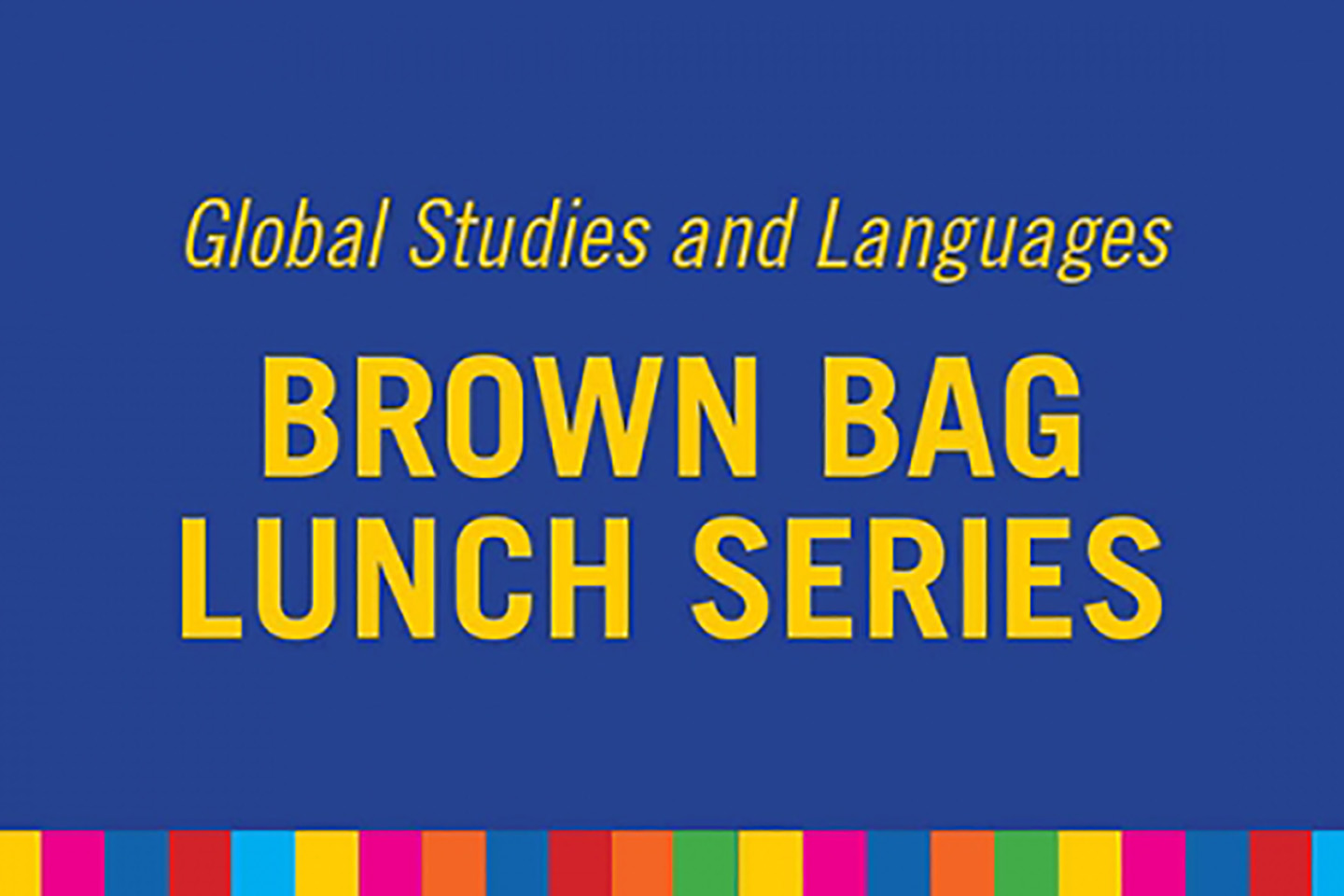
Join MIT Global Studies and Languages for our Brown Bag Lunch Series: informal presentations on current research by faculty, lecturers, post-docs, and visiting scholars. Light lunch provided.
Mon. Apr. 11 • Noon • 14E-304
“Contemporary Cuban Screen Cultures”
Paloma Duong, assistant professor Latin American Studies
The critical notion of screen culture—where the screen is not only a metaphor or a medium but also a dispositif, and where not one but multiple screens confront the subject at once—is an indispensable tool to reflect on the emergence of a digital public sphere in Cuba, and understand the (post-socialist) public sphere more broadly. The relationship between off-line/online worlds in blogging, neighborhood DIY Wi-Fi networks for gaming and social networking, country-wide piracy links to consume US and Latin American mass culture, an emergent circuit of home-made digital video and independent cinema, and participatory digital archives, redefine traditional notions of the gaze of exiled and diasporic subjects. Duong examines the function of screen cultures in the formation of a post-socialist subject, mechanisms of gatekeeping and policing the digital public sphere, and narratives and strategies of new cultural agents who enter, contract, or expand “the really existing public sphere” through digital screens.
Upcoming
Wed. May 4 • Noon • 14E-304
“Un/Homely Europe: Tracing the Longue Durée of a Crisis”
Bettina Stoetzer, assistant professor German Studies
News about the global “refugee crisis” have proliferated in recent months and Germany has been at the center of much of the debate in Europe. Beyond the current focus on a sudden crisis, there is yet another story to be told. In Germany, this story may lead into the thicket of its forests. Drawing on fieldwork in Berlin’s countryside, Bettina Stoetzer’s talk traces the historical layers of Germany’s asylum worlds and their racial geographies. Struck by high unemployment and depopulation, Berlin’s peripheries have become the home for refugees from Africa, Asia and the Middle East who have found themselves living in the ruins of former military barracks in the forest for almost two decades. Following East German and refugee stories about unhomely (in German unheimlich, or uncanny) encounters in the forest, Stoetzer’s talk examines how experiences of racial violence and postsocialist transition shape people’s relation to the material environment. Attending to these relations, she argues, can expose the often less visible, unhomely dynamics of a “crisis” that has been long in the making – a dynamic that can be traced in people’s livelihoods, psyches, bodies and landscapes. Co-sponsored with WGS Intellectual Forum).
